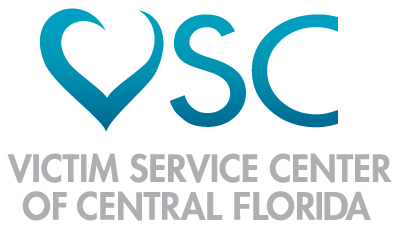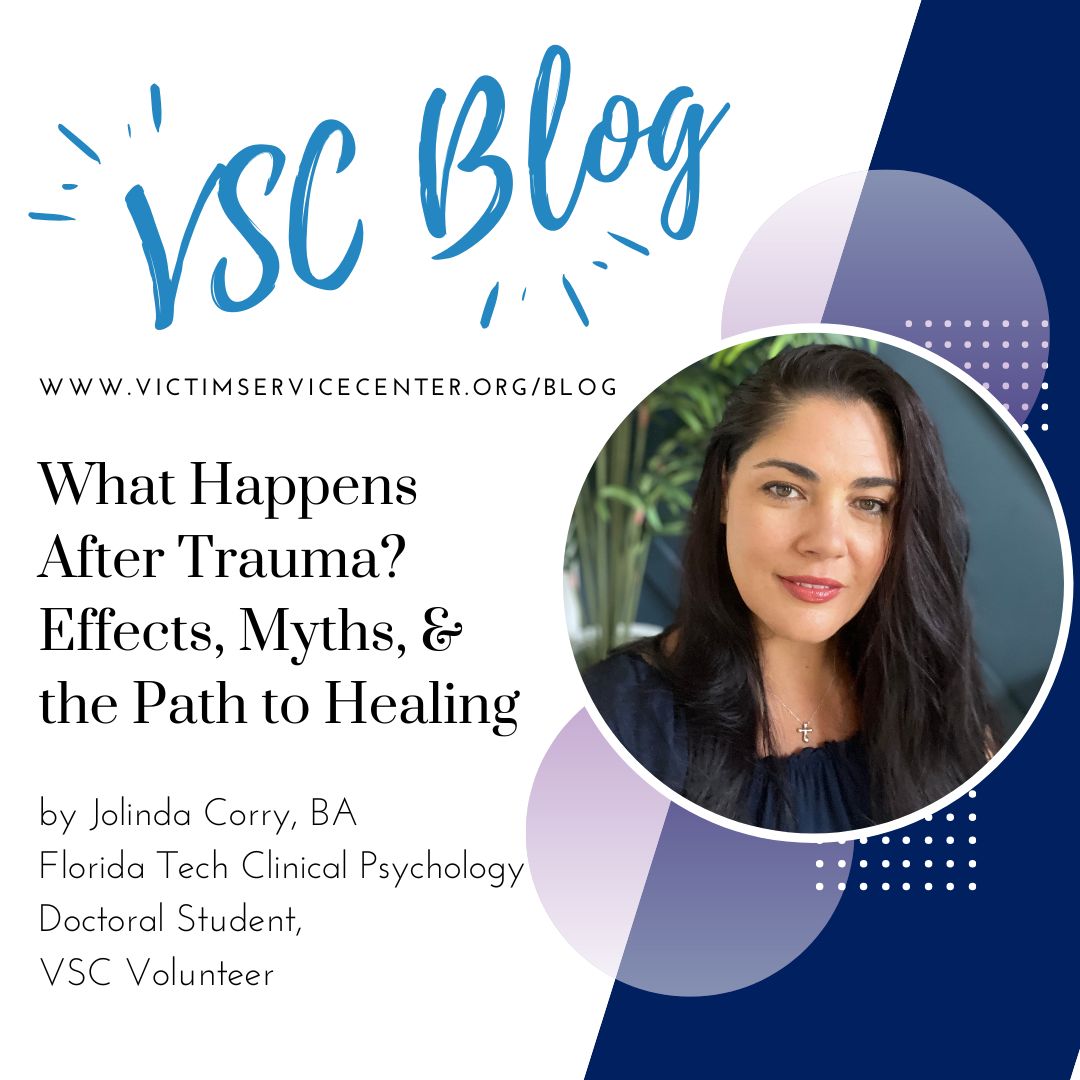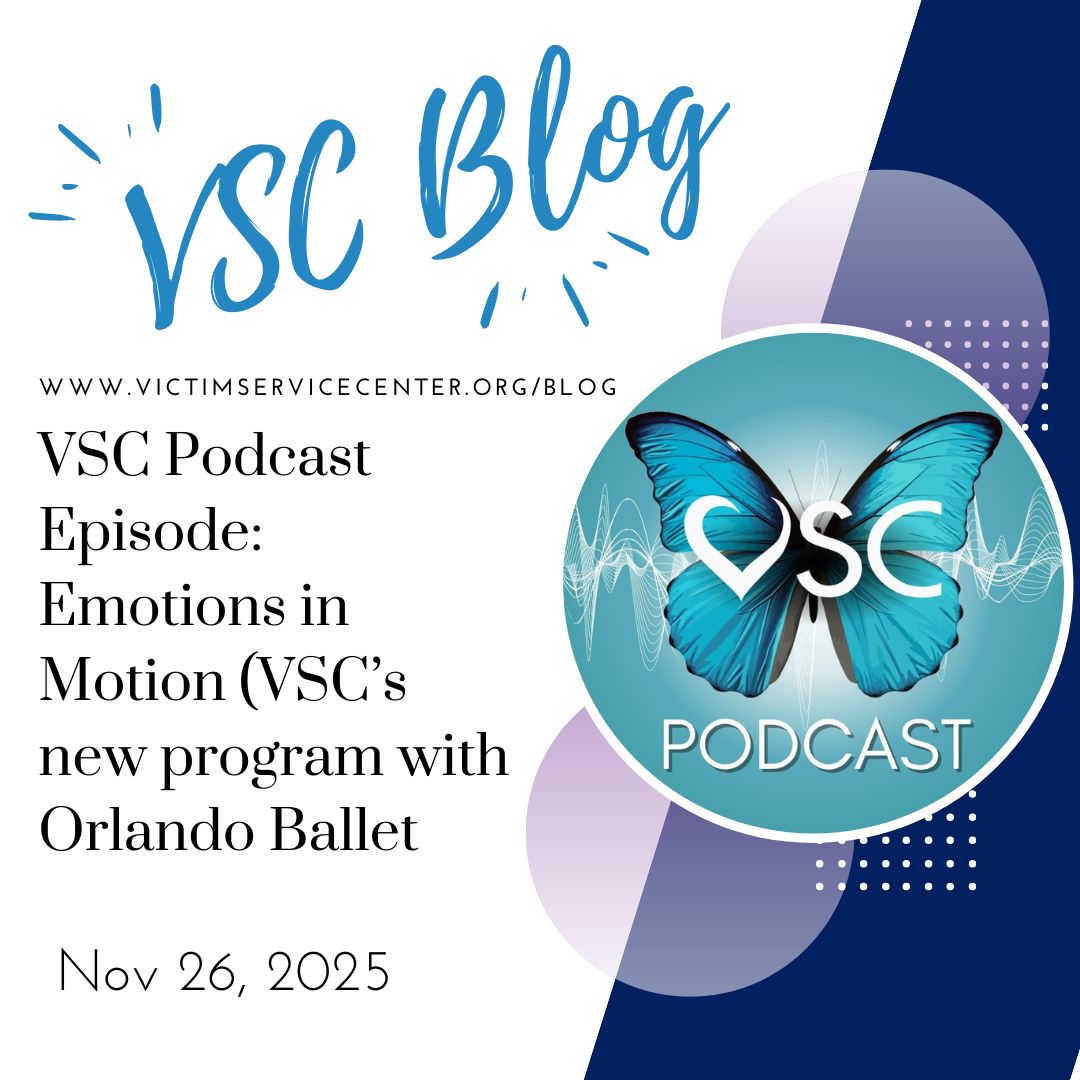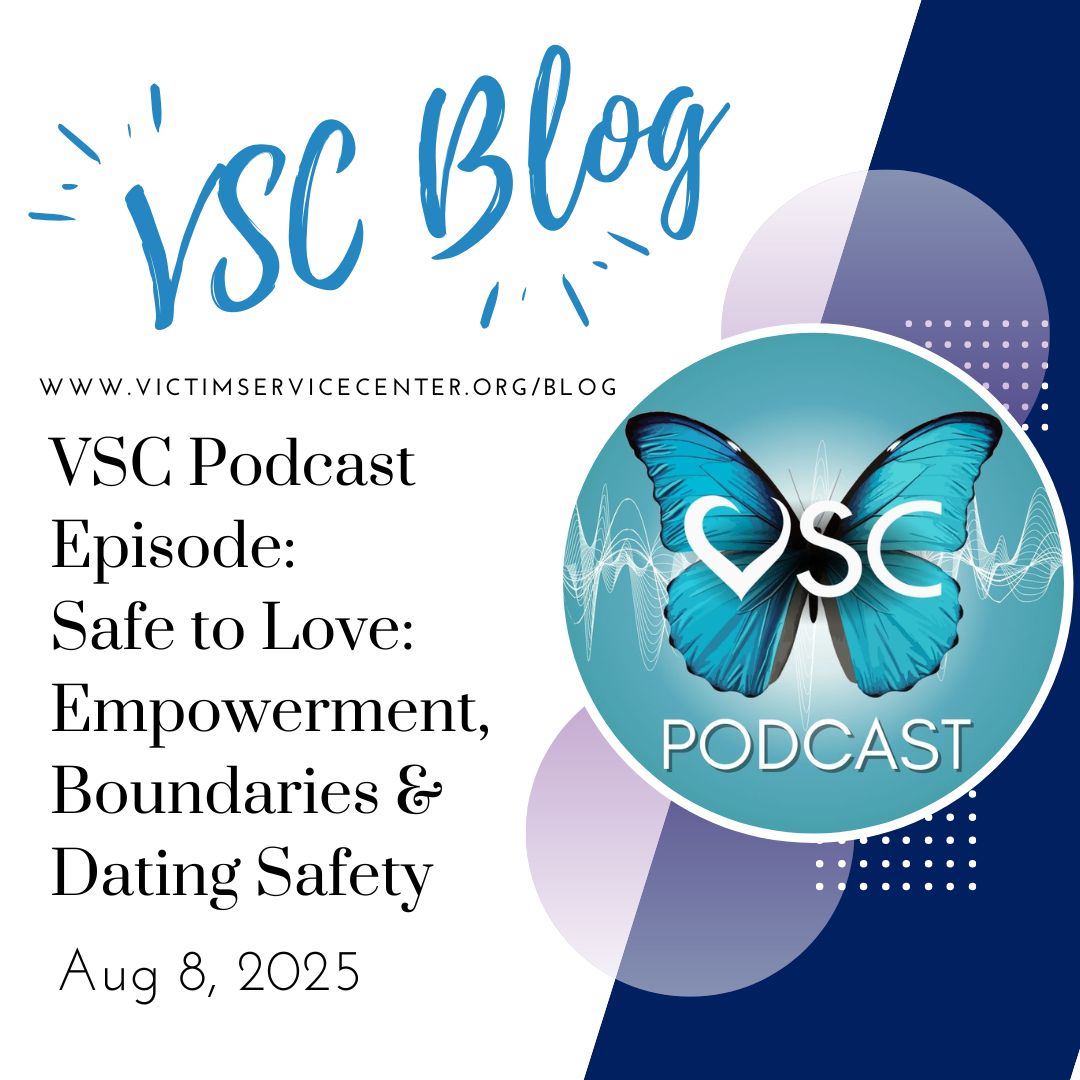by Emilie Mitchell, VSC Education Coordinator

COVID-19 has transformed a lot of our lives in very unexpected ways. One of the biggest things that COVID has affected are our social scripts. Social scripts are essentially expectations we have built over time through experiences and consequences that help us maneuver through social interactions. COVID-19 has changed these now. What once was normal, such as walking into your favorite local sandwich place, ordering your usual, and leaving with food in your hand, isn’t anymore. For example, we may have to call and order curbside pick up. This way to do a seemingly everyday task is new to many and is something we have to adjust to. Can we pay with cash? Will they come out and see us? Do we call them when we get there? We once understood the social process of ordering food, and now we have to relearn it.
What about handshakes? At one point, the process of a handshake was clearly laid out for us as Americans. When you meet someone new you stick out your hand and they take yours – an example of equality and understanding. We may not be able to do this as automatically anymore. In fact, I recently bought a house – typically our social script would involve me eagerly shaking the hand of the salesperson in a congratulatory celebration but it couldn’t take place. What once was an assumed interaction wasn’t anymore.
Which brings me to consent. Consent in its simplest definition is an agreement to do something or permission for something to happen. Consent is often brought up in a sexual context, but I want to talk about consent in every interaction we have with others including handshakes, sexual activity, and yes even 6-feet physical distancing. Just as we find ourselves needing to relearn how to order food, we also need to acknowledge that the boundaries people once had have changed because of COVID, or maybe some boundaries that never existed before now do, and consent is an important conversation to have.
Boundaries can be described as lines people define that shouldn’t be crossed, and we all have them. Some examples of boundaries could include not wanting to be hugged, declining being kissed on the cheek when greeting, not talking about politics at dinner, things like that. Boundaries help keep us feeling safe and we all have a right to safety. Additionally, boundaries change a lot, they change as relationships develop, as we grow, when in different situations, as we feel different emotions, and they are often being redefined. In the global pandemic we are facing, boundaries are being changed. Big time.
With that, consent has to be revisited and boundaries reexamined. What do I mean by this? Let’s take the 6-feet rule that has been recommended by the CDC. Some people are taking that very seriously while others may not be. I have heard from many concerned loved ones that have gone into stores and found strangers standing too closely in line for example. For many people, that 6 feet distance is a new boundary and it helps them feel safe. We have to start being mindful of this and respect that.
Additionally, some people are feeling comfortable going out and meeting people while others wish to stay in as much as possible. I do want to state that this is not a recommendation for people to go out, rather it is acknowledging that Florida is starting to open and more and more people are going outside. If people are comfortable going out, maybe they only wish to go to certain places – a park for example instead of eating out at their local pizza place. Maybe some people are okay with going for bike rides but still maintaining that 6-feet of distance. Perhaps people are okay with coming over to your place so long as no one else is there, or if you have a facemask on.
As you may be starting to realize, this is pretty complicated isn’t it? There are a lot of factors that go into making someone feel safe during this pandemic. Things we didn’t have to think about before are starting to become very important, and there are a lot of details that need to be fleshed out in order to honor and understand someone’s boundaries. And as life moves on during this pandemic and things start opening, boundaries will begin changing and evolving again.
I like to think of consent as a conversation rather than just a question. This conversation could look like: “Where do you feel comfortable meeting? Would you like me to wear a mask? What can I do to help you feel safe? Would you like me to bring hand-wipes or hand sanitizer? What is off-limits?” Consent is also a conversation that should continue throughout the interaction as well. Just as you would during a sexual encounter, check-in with whomever you are meeting with and let them know if they ever feel uncomfortable by the crowd-level or whatever you do that they have a right to leave or speak up.

And as we ask for consent, we additionally have the right to review our own boundaries and set them as well. We could experience feelings of guilt when we set boundaries, this is normal and not an indication that we shouldn’t set them. When we set boundaries we are telling someone how to love us and what we need to feel safe. Think of what would make you feel uncomfortable and alternatively what makes you feel secure. This is a good way to start seeing where your boundaries lie. The next thing to do would be to clearly state them in as few words as possible. Some examples: “I would prefer it if you wore a mask, I would feel safer if you sneezed into your arm instead of your hands, I would like to meet at the park instead of the restaurant.”
We don’t have to justify or apologize for our boundaries either, you have a right to set them and communicate them clearly. We also are not responsible for how another person reacts to us setting a boundary. If someone does not respect our boundary, there are a couple of things you can do. You can first clearly remind them and let them know that if they can’t respect that boundary that you will have to leave or stop communicating. If they cross that line again, you have every right to leave or stop the interaction. This isn’t to say that this is easy to do because for a lot of people it isn’t, just know that your safety is important and you have a right to feel safe. Alternatively you can clearly state your boundary again and stop the interaction immediately. Whatever you feel is right in that moment is the best action for yourself to take.

As we move forward in this new world of COVID-19, it is important to remember that people are different and diverse. Everyone is experiencing this differently and a lot of boundaries are being tested and re-defined. We can’t assume that just because we are comfortable walking into a restaurant in a couple weeks that everyone else will be too. I want to normalize this new conversation we should be having with ourselves and our loved ones – this conversation about boundaries and consent that should have been talked about all along. Join me in revisiting consent so we can ask the people in our lives “How can I best love you, how can I best help you feel safe?”
VSC Is Always Here
If you have experienced violence, abuse, sexual assault or other traumatic events, VSC can provide free and confidential counseling and therapy services in Central Florida. Call our office to make an appointment, (407) 254-9415. We also run a 24/7 crisis helpline to provide immediate crisis support (407) 500-HEAL.



